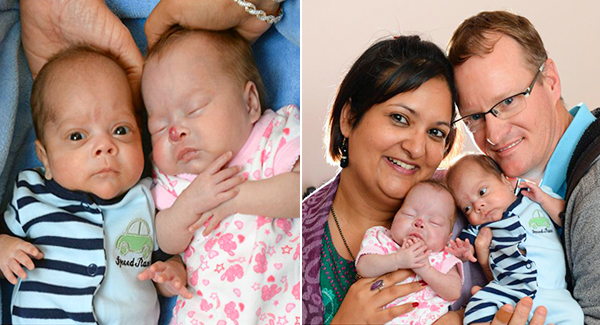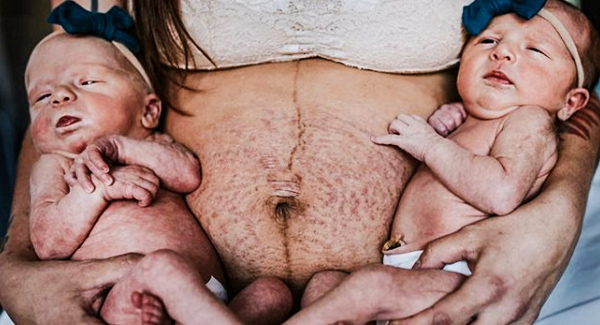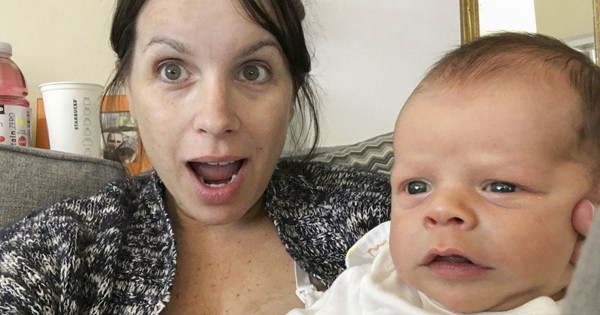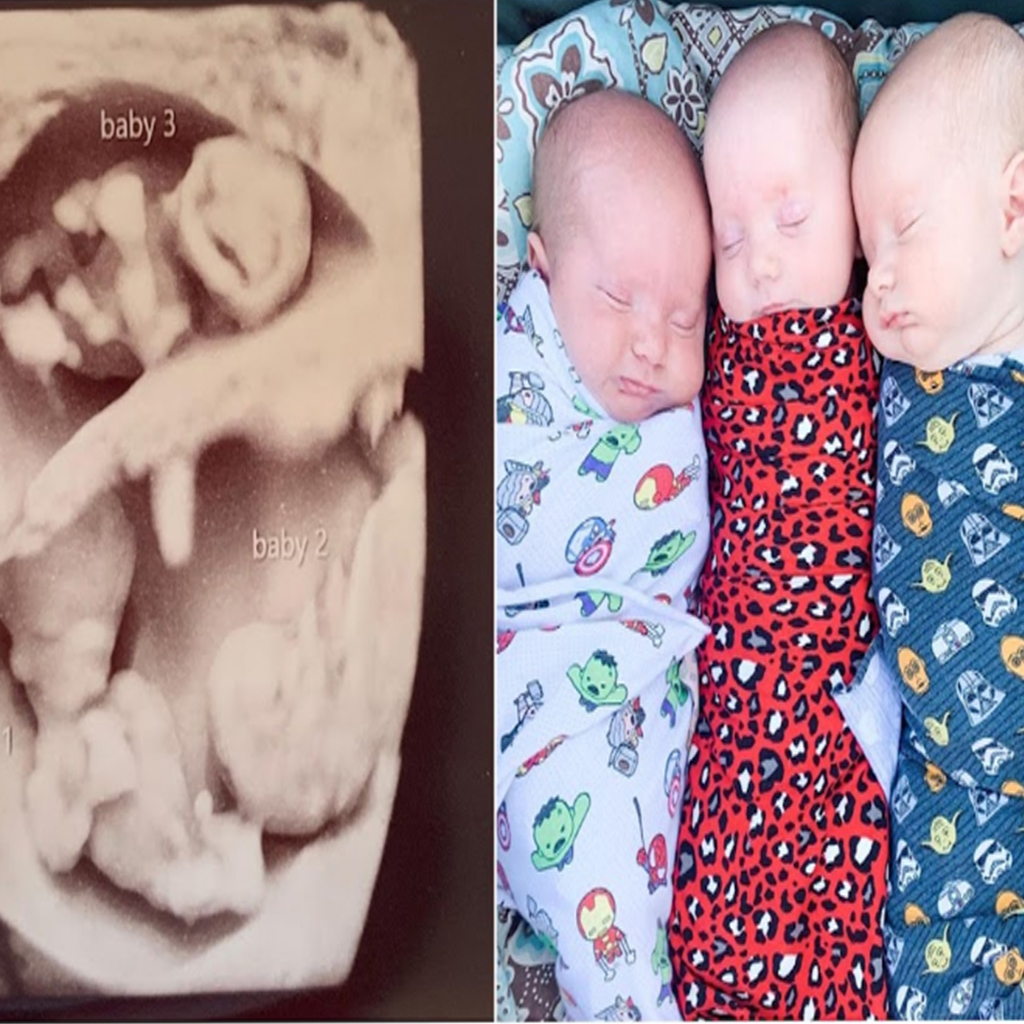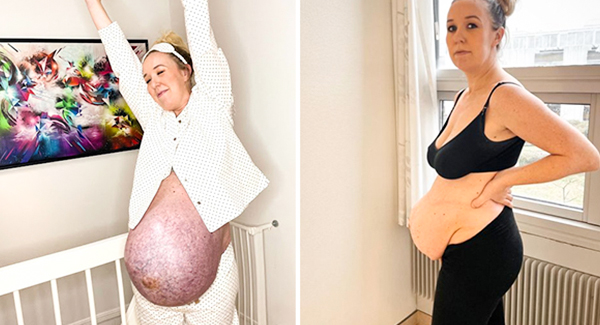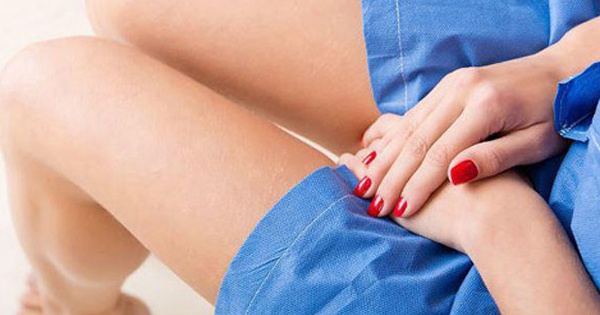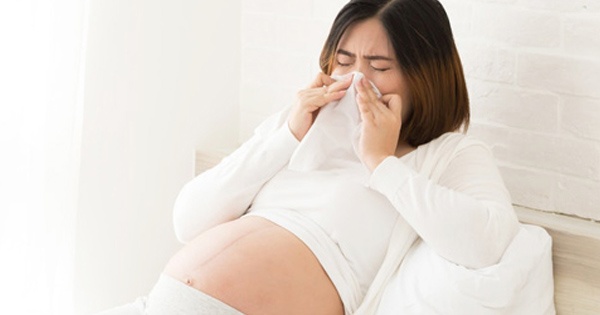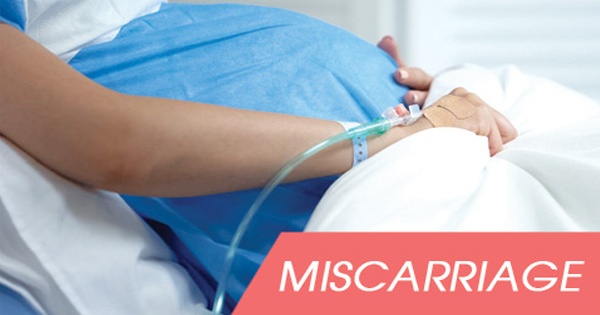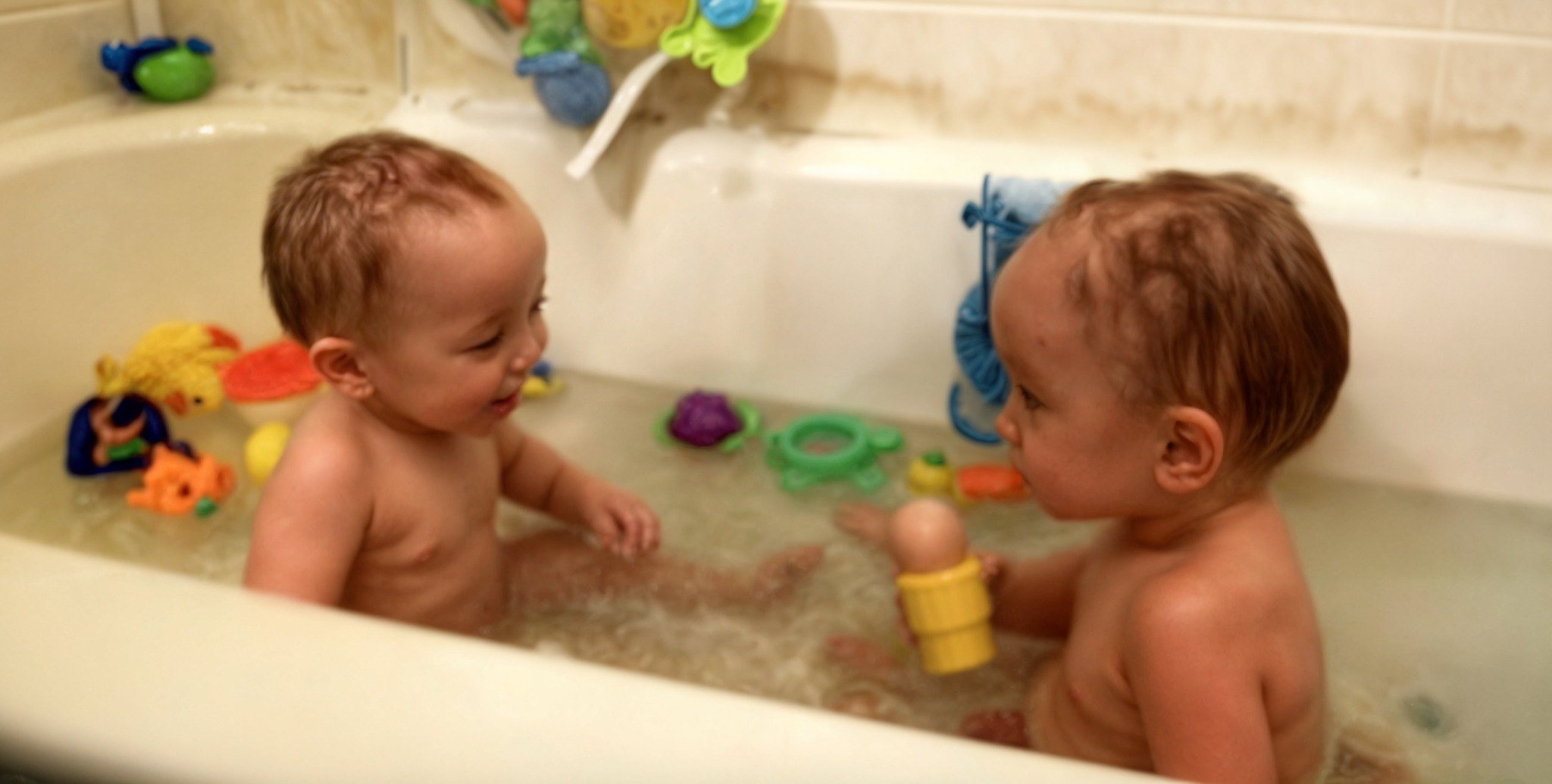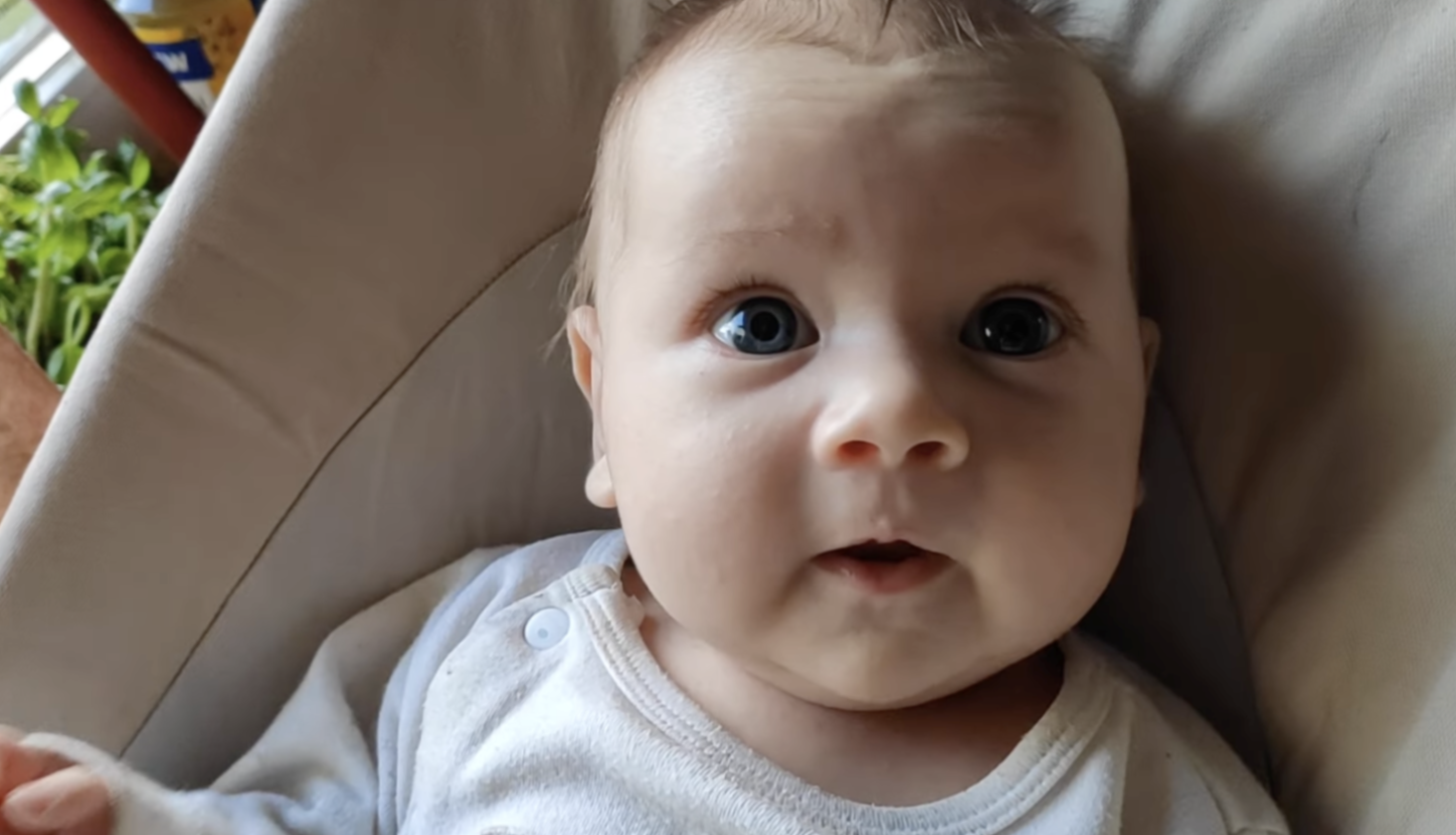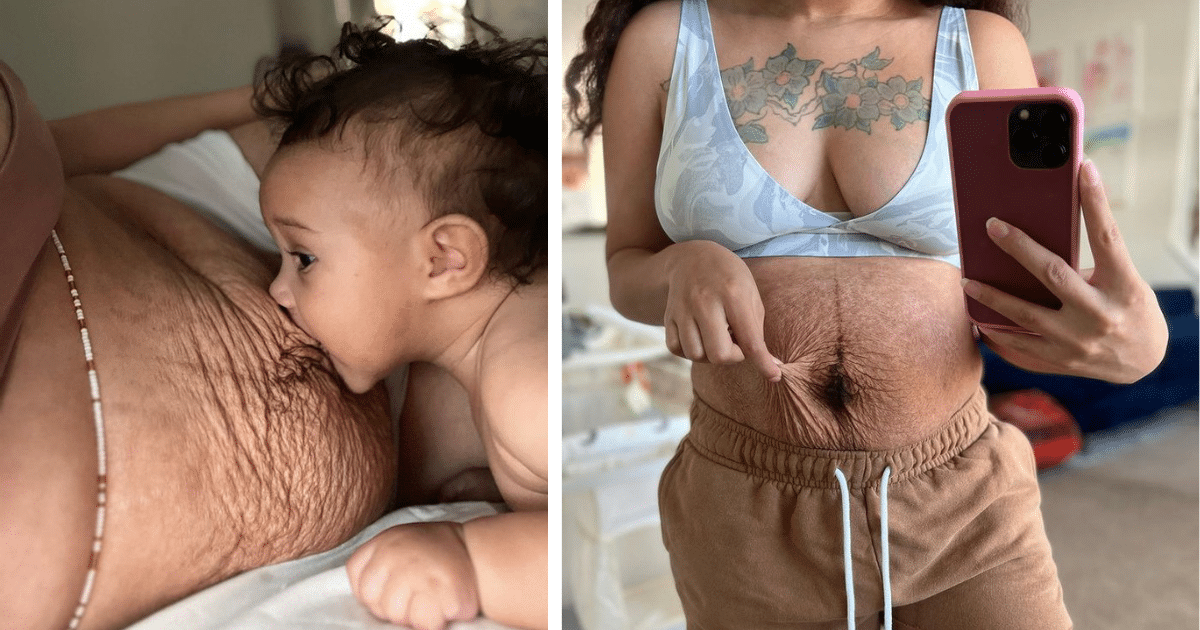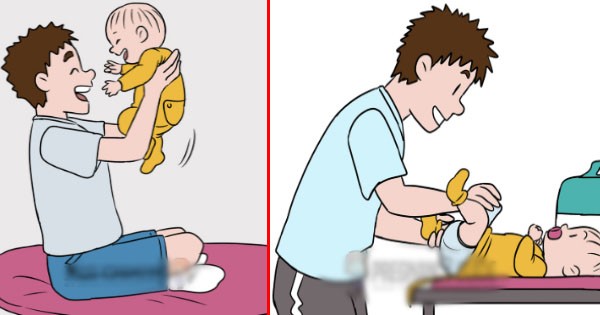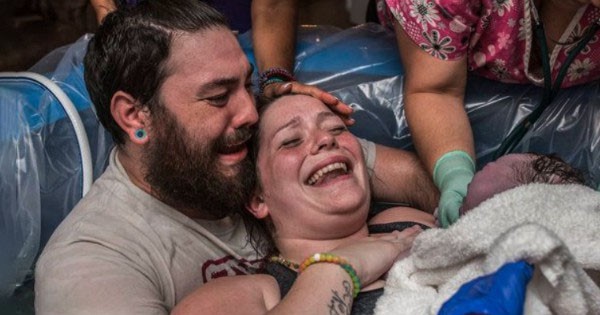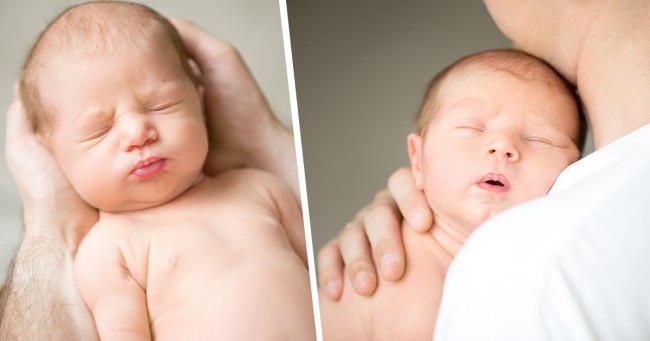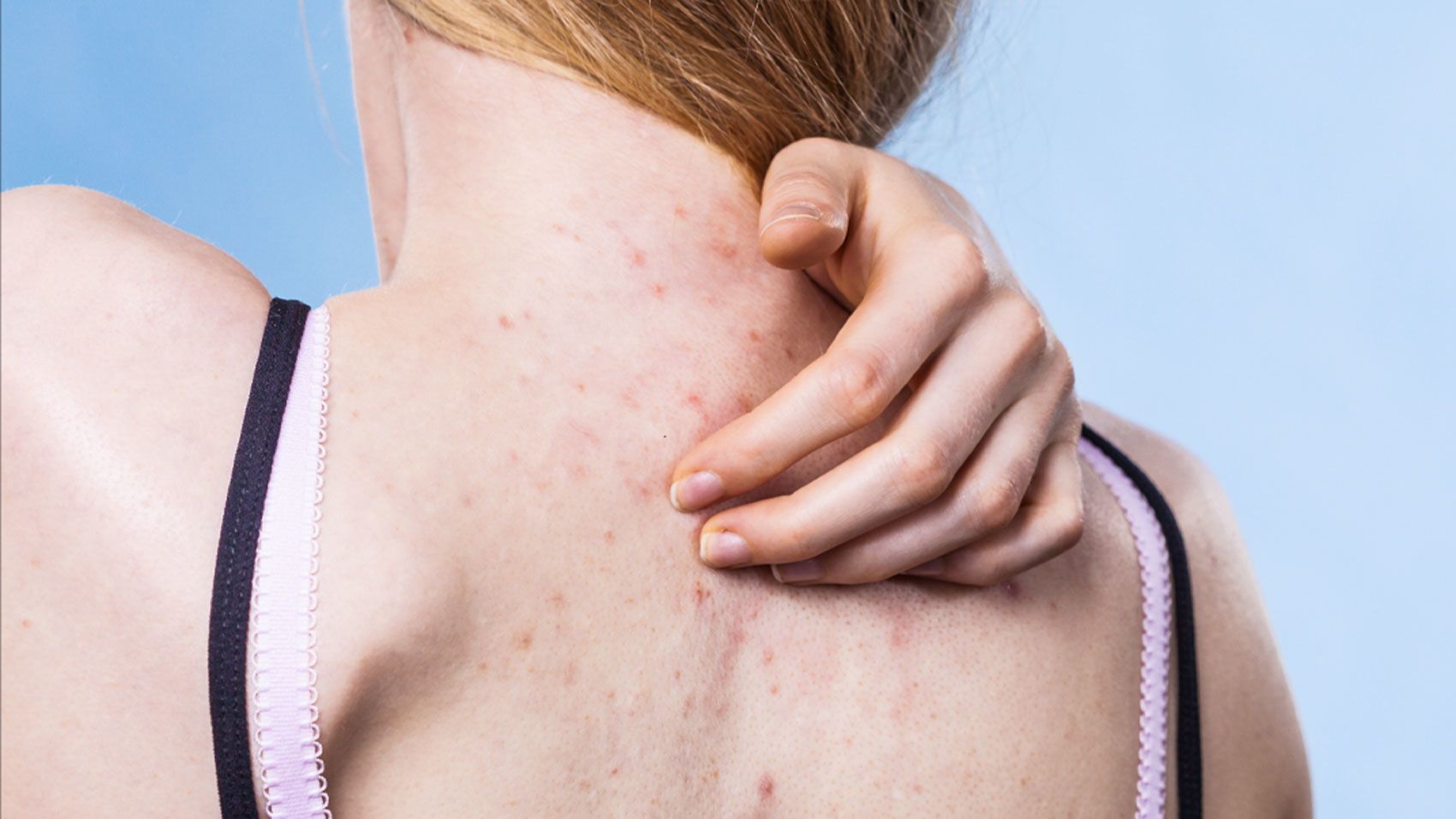
There are numerous bodily difficulties to be on the lookout for if your face changes. These four changes may indicate an underlying, undiagnosed medical ailment if you experience them. For your own wellbeing, remain vigilant and proactive.
1. Eyebrow thinning
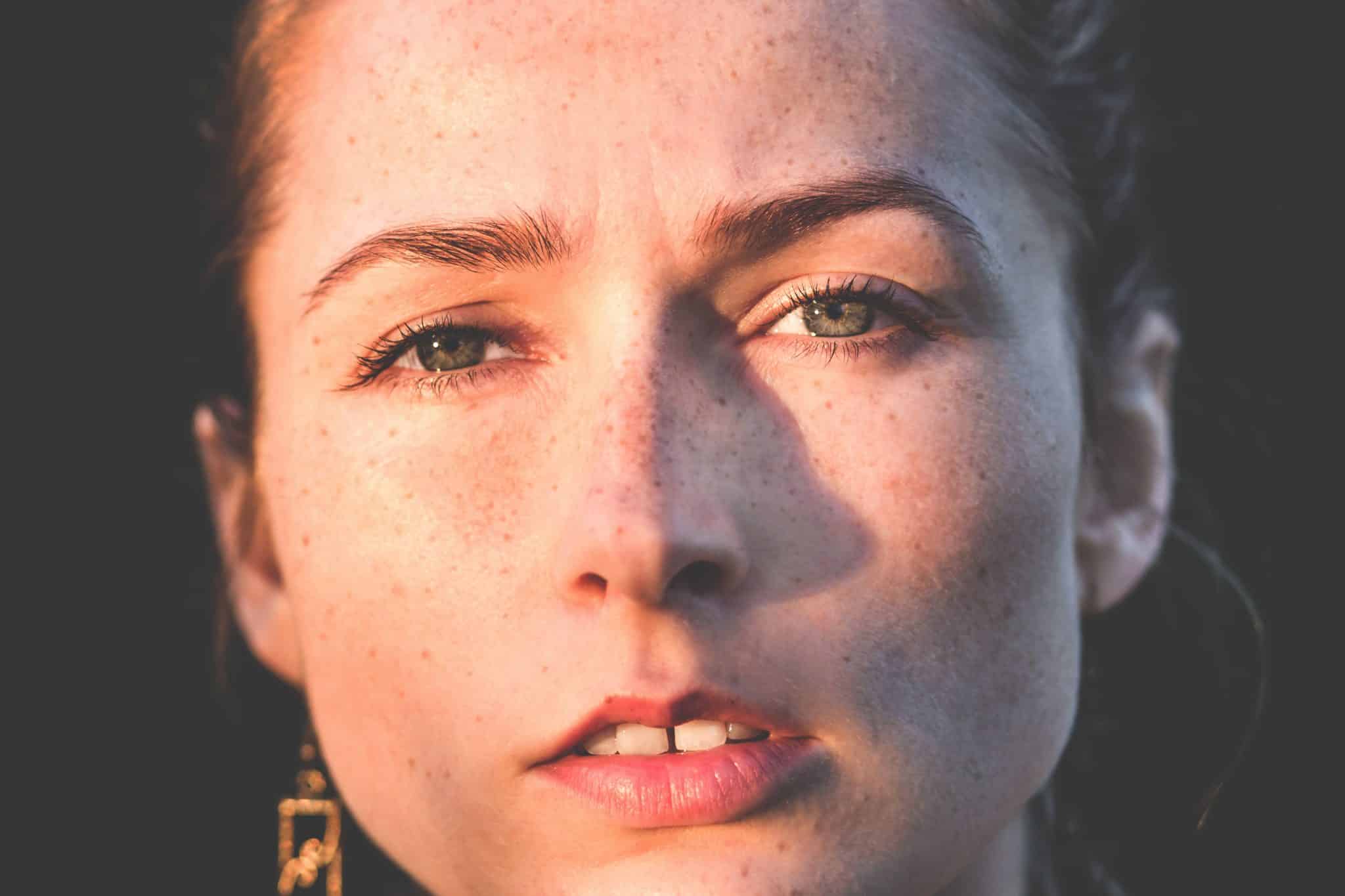
According to Livestrong.com, medical conditions like hypothyroidism and atopic dermatitis can contribute to thinning eyebrows. A thyroid gland that is underactive, or hypothyroidism, can cause general hair thinning. Additionally, atopic dermatitis, a skin disease that affects 20% of the population, may be a factor in eyebrow loss.
2. Intense acne and unusual hair
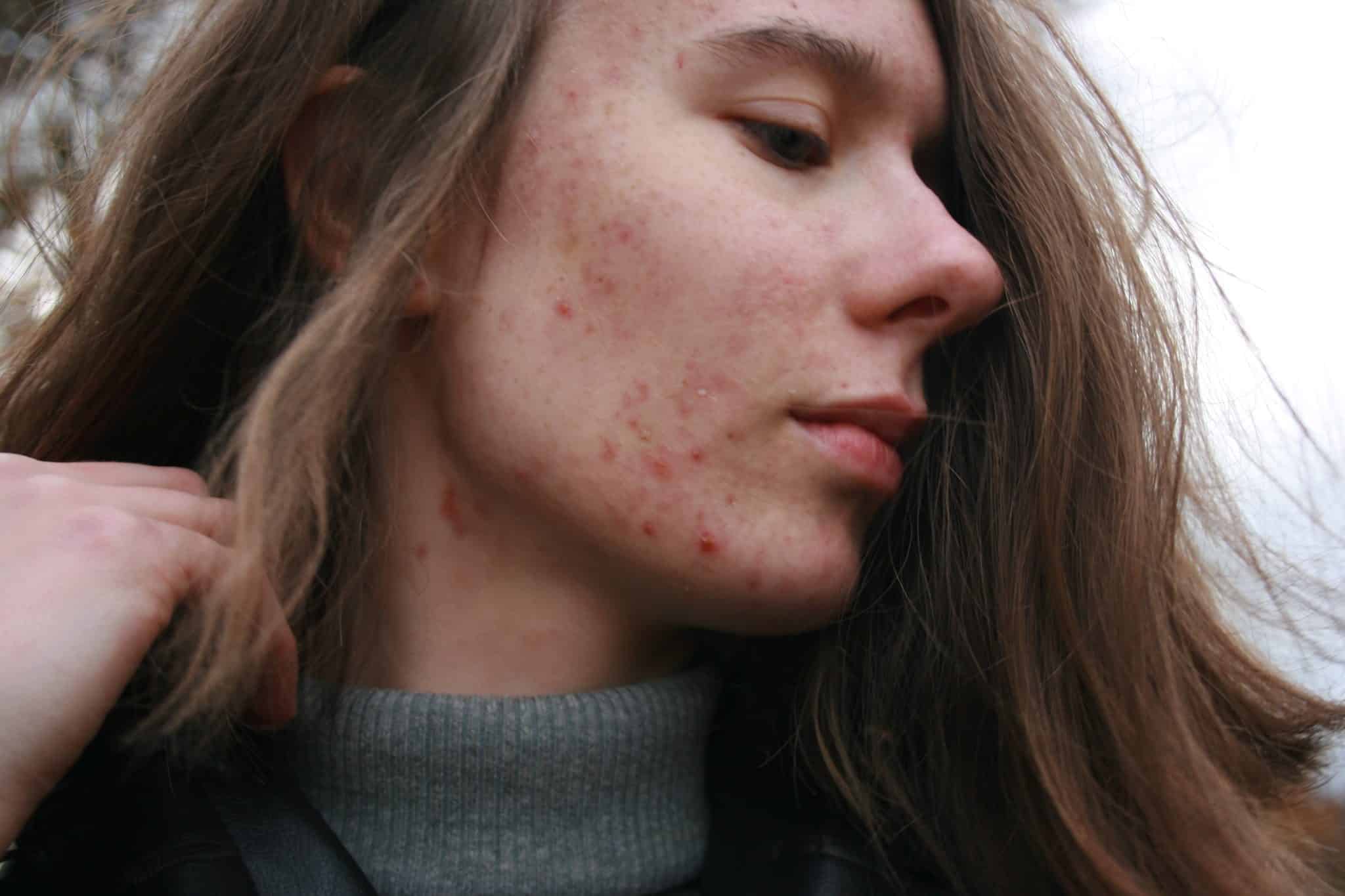
It’s normally okay to have peach fuzz and minor acne. But if you have a lot of facial hair or severe acne, you might have a health problem. It can be a sign of PCOS, a condition marked by irregular periods, obesity, infertility, and abnormal hair growth. As soon as you notice these symptoms, call your doctor.
3. Red rashes and bumps
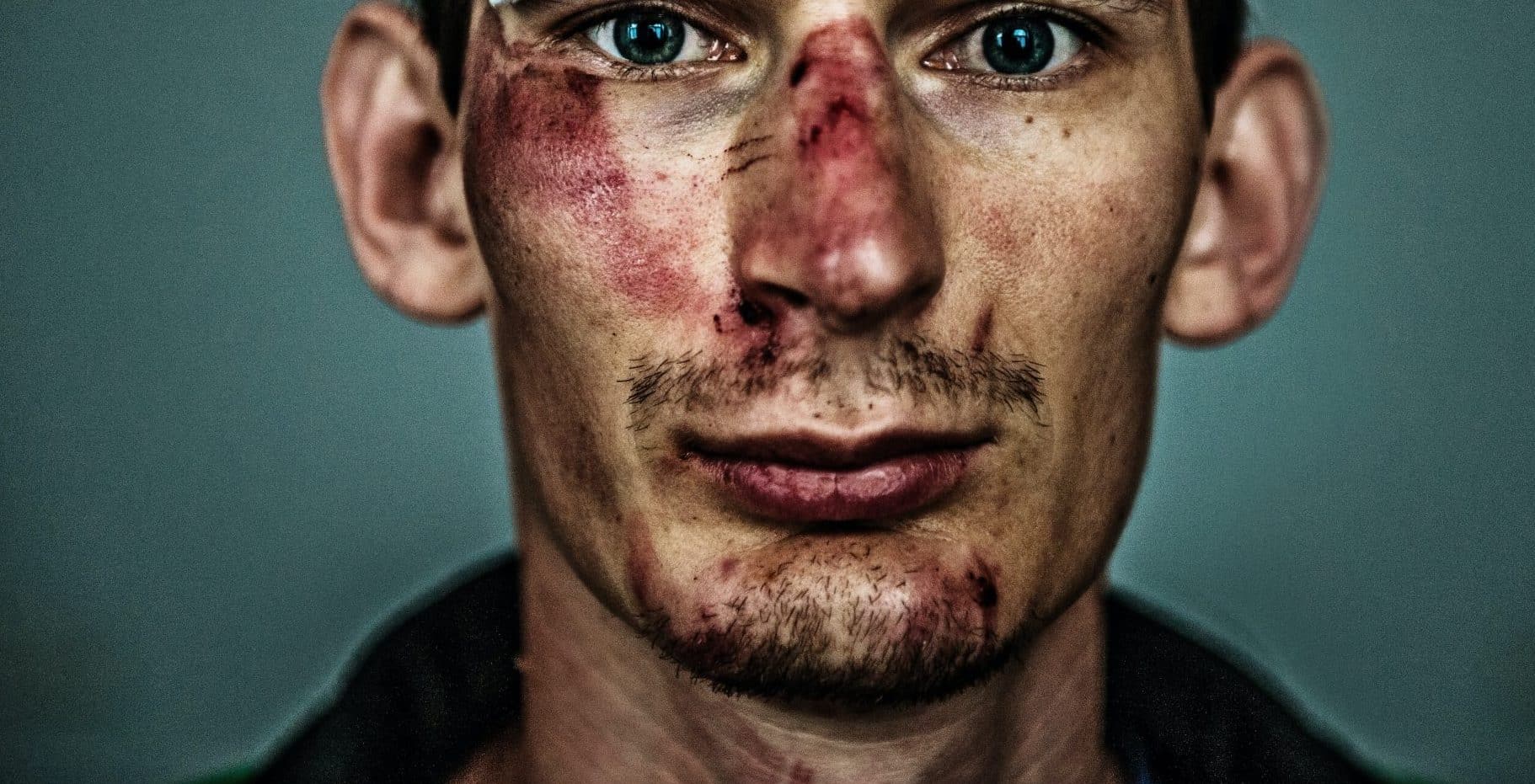
A red rash on your face or neck could be a sign of autoimmune diseases like lupus or celiac disease or digestive problems. Keep up with these possible health issues.
4. Under-eye circles

Pay special attention if there are any changes, but occasional under-eye circles brought on by insufficient sleep are typical. It could be an indication of Dermatomyositis, an autoimmune condition that causes muscular pain and weakness, if it is accompanied by red or black spots. Consult a doctor right away if you see any of these symptoms.
Have any of these face changes ever happened to you? Tell us about your experience.
Effective Strategies to Banish Body Acne for Clearer Skin
Acne is a common skin concern that doesn’t discriminate based on location. While facial acne often takes the spotlight, body acne can be just as frustrating and bothersome. Whether it’s on your back, chest, or shoulders, dealing with body acne can impact your self-confidence. In this article, we’ll delve into practical and proven ways to tackle body acne, helping you achieve clearer and smoother skin.

- Maintain Proper Hygiene: Good hygiene is the foundation of acne prevention. Shower regularly, especially after sweating due to exercise or hot weather. Use a gentle, fragrance-free cleanser to cleanse your body. Avoid scrubbing too vigorously, as this can irritate the skin and worsen acne.
- Choose the Right Clothing: Wearing tight clothing, particularly in materials that don’t allow your skin to breathe, can trap sweat and bacteria against your skin, leading to acne. Opt for loose-fitting, breathable fabrics like cotton to reduce the risk of breakouts.
- Exfoliate Regularly: Exfoliating your body a few times a week can help remove dead skin cells that can clog pores and contribute to acne. Choose a gentle exfoliant containing salicylic acid, which is effective in unclogging pores and treating acne.
- Use Acne-Fighting Products: Over-the-counter acne products containing benzoyl peroxide or salicylic acid can be effective in treating body acne. Apply these products to the affected areas after cleansing to target breakouts and prevent new ones from forming.
- Practice Proper Hair Care: Hair products can contain ingredients that may clog pores and lead to acne on the back, neck, and forehead. Keep your hair off your face and back, and choose hair care products that are labeled as non-comedogenic or oil-free.
- Avoid Heavy Moisturizers: While moisturizing is important, heavy or oily moisturizers can exacerbate body acne. Opt for lightweight, non-comedogenic moisturizers to keep your skin hydrated without clogging pores.
- Be Cautious with Sunscreen: Sunscreen is crucial for protecting your skin, but some formulations can worsen acne. Choose oil-free, non-comedogenic sunscreens and apply them to your body when exposed to the sun.

8. Consider a Body Wash with Benzoyl Peroxide: Incorporating a body wash containing benzoyl peroxide into your routine can help treat and prevent body acne. Start with a lower concentration and gradually increase to avoid excessive dryness or irritation.
9. Keep Bedding Clean: Dirty bedding can transfer oils, dirt, and bacteria onto your skin, potentially leading to breakouts. Change your sheets and pillowcases regularly, and consider using fragrance-free detergents.
10. Avoid Touching or Picking: Just as with facial acne, touching or picking at body acne can worsen inflammation and increase the risk of scarring. Be mindful to avoid this temptation.
11. Stay Hydrated and Eat a Balanced Diet: Drinking enough water helps keep your skin hydrated from the inside out. Additionally, a balanced diet rich in fruits, vegetables, whole grains, and lean proteins can support healthy skin.
12. Consult a Dermatologist: If your body acne is severe or not responding to over-the-counter treatments, it’s wise to consult a dermatologist. They can recommend prescription medications or other advanced treatments tailored to your specific condition.
Conclusion:
Banishing body acne requires a comprehensive approach that involves maintaining good hygiene, using appropriate products, and making mindful lifestyle choices. While achieving clear skin may take time and patience, consistent efforts can yield positive results. Experiment with different strategies to find the combination that works best for your skin type and concerns. By implementing these proven methods, you can bid farewell to body acne and enjoy the confidence that comes with having healthier, smoother skin.



